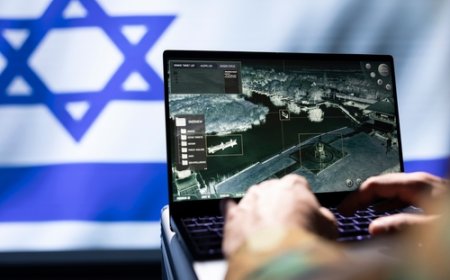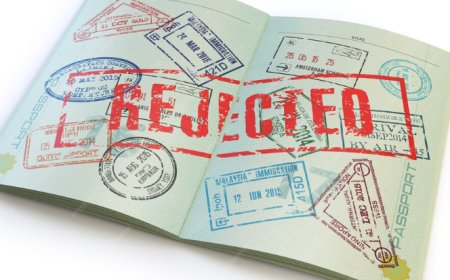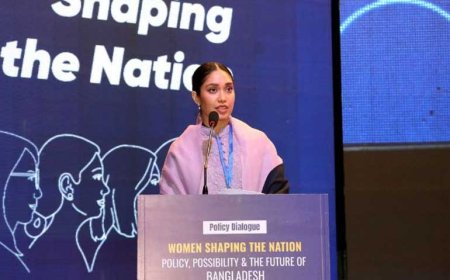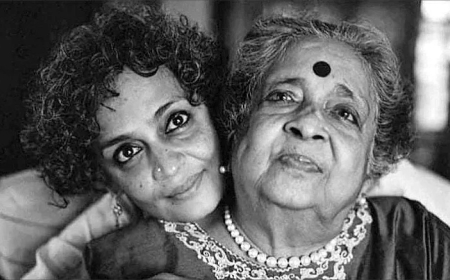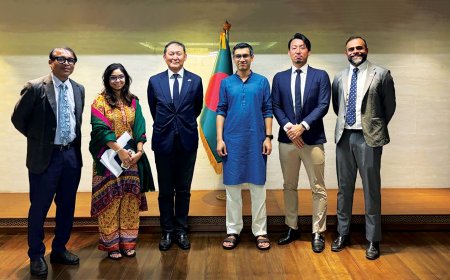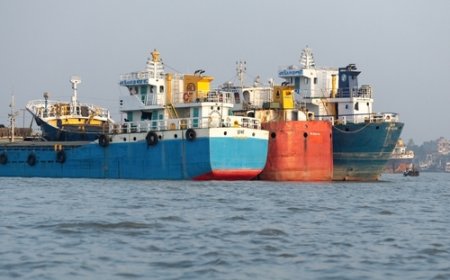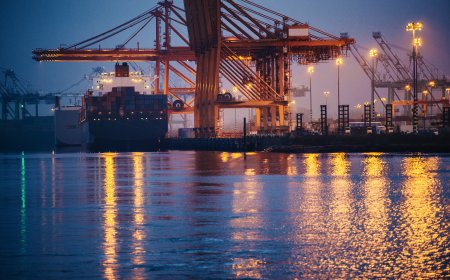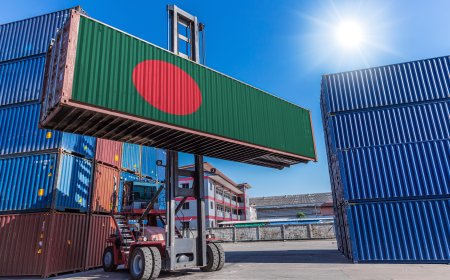Let Global Hands Steer Our Ports: A Call from a Son of Chittagong
Bangladesh should welcome global partners to improve its ports, cut costs, and create jobs -- saying no out of fear will only hold us back again
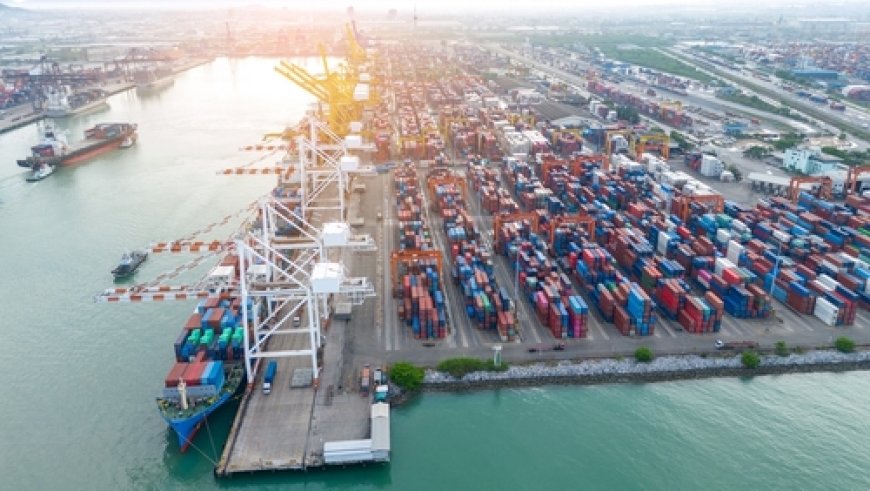
As someone born and raised in Chittagong, some things are tattooed into your mind, not just as memories, but as markers of identity. The crashing waves at Patenga Beach. The familiar façade of the CPA building. The old terminal where ships once docked and dreams set sail. These are not just places, they are part of who we are.
So trust me when I say this is not easy to write. But it needs to be said.
Despite repeated pleas from Chief Advisor Dr. Muhammad Yunus, a fellow Chittagonian and alumnus of our beloved Chittagong Collegiate School, some are still calling the idea of bringing in foreign port operators unpatriotic or a blow to our sovereignty.
Maybe it reminds me too much of the 1990s and early 2000s. Every time Bangladesh was offered a chance to leap forward digitally, whether it was VSAT gateways, the APII partnership, SEA ME WE 3, or even early internet access via UNESCO or UUNet, someone inside the system said: "Not yet."
Not because the technology was not ready, but because the political mindset was not.
We did not lack resources. We lacked courage and clarity.
We lost a decade of opportunity. We denied a generation the tools to compete in the global knowledge economy. And those who opposed it? They branded it unpatriotic. A threat to privacy. A risk to sovereignty.
Sound familiar?
Ports Are Our Lifelines, Not Monuments
Bangladesh has no shortage of patriotic talent. But when it comes to port operations, which are technical, capital intensive, and logistics-driven, we are far behind global best practices. Refusing foreign operational partnerships in the name of sovereignty may sound noble, but it is economically self defeating.
Chittagong Port is our pride. But pride alone does not move containers.
Today, ships wait for days to dock. Exporters bleed money. Importers raise prices. Our competitors move faster because they have modernized with help from the best.
Bringing in a global port operator does not mean we are selling our ports. It means we are letting experts run them efficiently.
Just like Colombo did with China Merchants.
Just like Mundra and Nhava Sheva did in India.
Just like Piraeus in Greece.
They did not give up sovereignty. They gained trade routes, investment, jobs, and credibility.
Here is a short list of what foreign operators bring to the table:
Global best practices in logistics and digital systems
Foreign port operators bring decades of experience, advanced technology, and efficient logistics networks. They know how to reduce turnaround time from days to hours.
Access to global shipping lines and trade networks
A major operator does not just bring cranes, they bring clients. Global shipping companies trust established operators. Their involvement means more routes, better frequency, and lower freight costs.
Guaranteed investment and infrastructure upgrades
Operators like DP World, PSA Singapore, and Hutchison Ports often invest their own capital into terminals, cranes, software, and roads, saving our government billions in public spending.
Job creation and skills transfer to the local workforce
With the right agreements, our ports can become engines of employment, training, and national capacity building.
If a foreign partner can reduce shipping costs, cut vessel wait times, and finally turn Matarbari into a regional hub, then why are we still hesitating?
A Smart and Transparent Model
This is not about giving blank cheques to foreign companies. Bangladesh must structure smart and transparent public private partnerships that protect our national interest:
• Fixed term leases (15 to 30 years)
• Revenue sharing mechanisms
• Mandatory knowledge transfer
• Local employment quotas
• Performance based clauses with penalties
We should negotiate from a position of strength, but we must negotiate.
Let’s Be Honest and Brave
Opposition to this idea is not about patriotism. It is about fear and control. The same fear that kept us offline while the rest of the world moved forward.
We are a proud people. But pride that rejects progress is just vanity.
This is not about handing over our land. It is about partnering with those who can help us unlock its full potential for our benefit.
This Is Our Chance. Let’s Not Miss the Boat Again.
Dr. Yunus, not just a Nobel laureate but a fellow son of Chittagong, understands this moment. His call is not just technical. It is generational.
It is about making sure the next kid walking past the CPA building grows up in a port city that competes with Singapore and Colombo, not one stuck in inefficiency and nostalgia.
If we let the same bureaucratic mindset that stifled our digital leap now stall our maritime future, we will pay the same price again.
Sovereignty is not measured by how tightly we grip control, but by how wisely we use it to empower the country.
If a foreign partner can cut costs, boost exports, attract investment, and create skilled jobs, then we owe it to our people to say yes.
Let global hands help steer the ship, not because we cannot, but because we must go further, faster.
For Chittagong. For Bangladesh.
What's Your Reaction?













